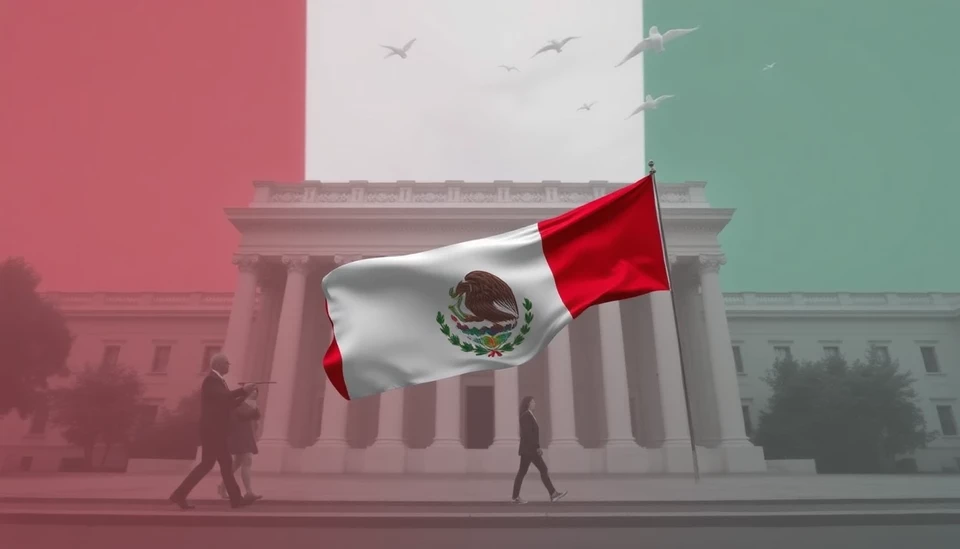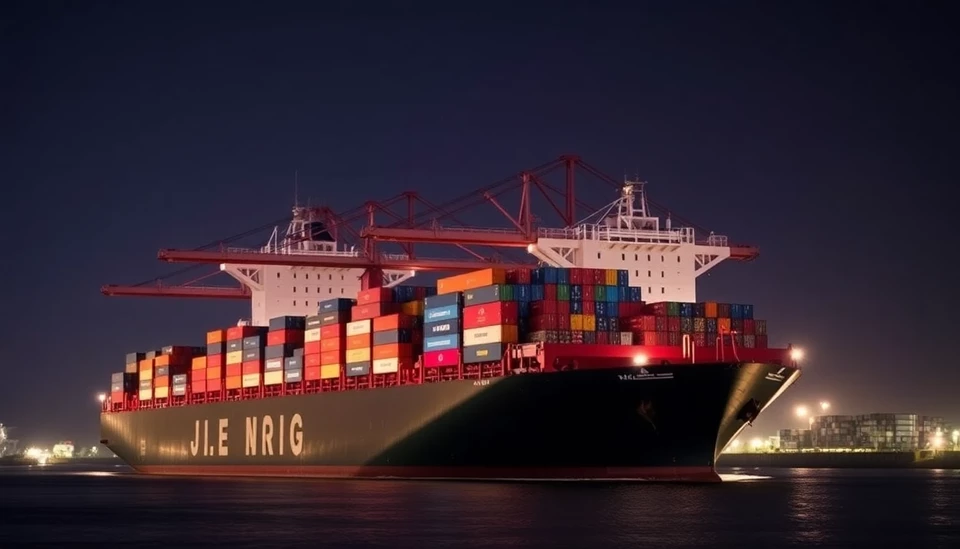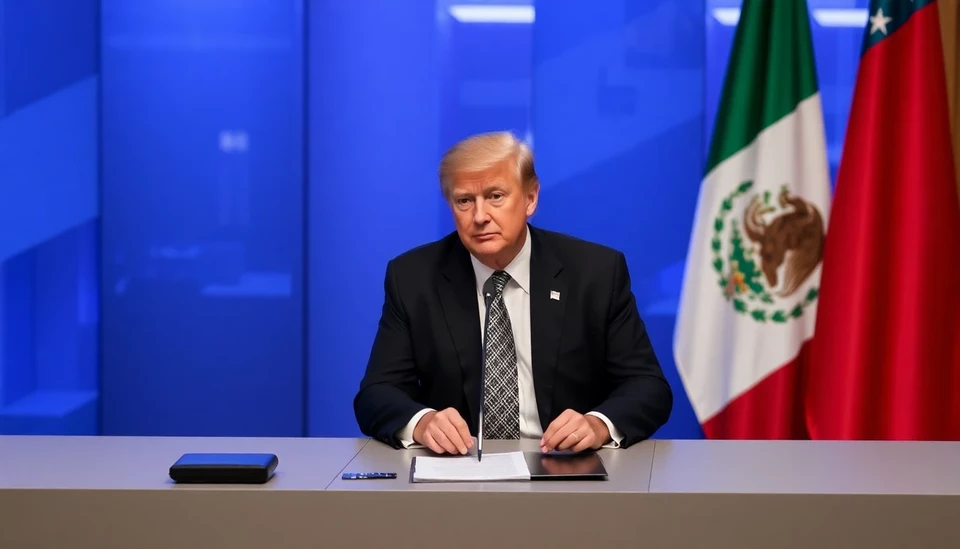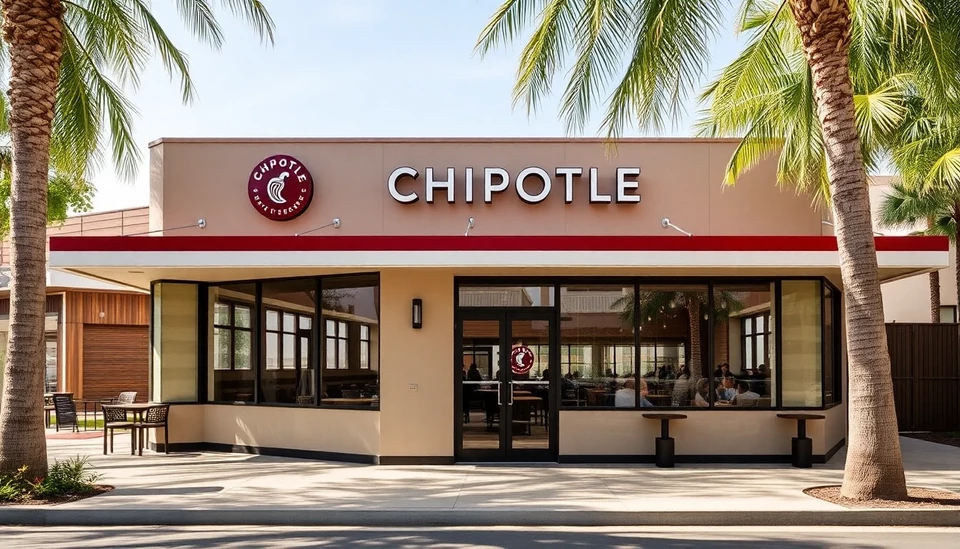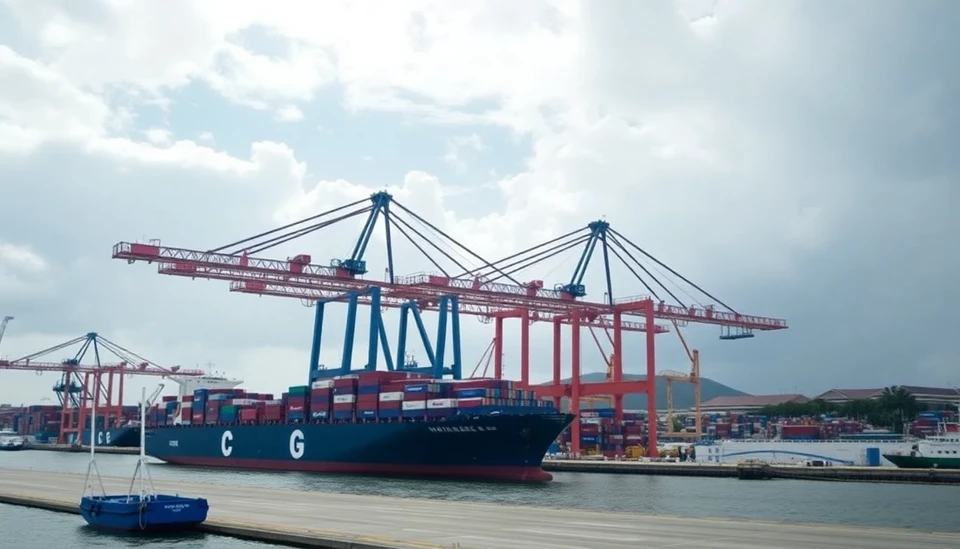
In a significant development poised to reshape the logistics landscape, Mexico is moving forward with a substantial expansion of its ports. This initiative aims to bolster the country's capacity to handle cargo and enhance its strategic role in global supply chains. As economies around the world continue to grapple with the challenges posed by the pandemic, Mexico's investment in port infrastructure signals a pivotal shift not only for its economy but also for international trade routes.
The $1.2 billion expansion project will focus on increasing the operations capacity at some of Mexico's busiest ports, including those in Veracruz, Manzanillo, and Lazaro Cardenas. This move comes as shipping companies and logistics providers seek to optimize their operations in response to heightened demand for goods and the ongoing supply chain disruptions that have affected global markets.
Officials at the Mexican government have emphasized the importance of these expansions for both domestic growth and attracting foreign investment. The improved port facilities are expected to facilitate smoother operations for shipping lines, which have faced mounting pressure to shorten delivery times and accommodate larger vessels. The initiative not only aims to enhance the physical infrastructure but also to streamline operational workflows, potentially decreasing the turnaround time for cargo handling.
An added dimension to this expansion is Mexico's strategic location, which positions it as a favorable shipping hub for trade between North America and Asia. With the global trade dynamics shifting, the ability to navigate through Mexican ports more efficiently could provide companies with a competitive edge, particularly in a landscape where speed and reliability are paramount.
Additionally, the expansions will create thousands of jobs, contributing to local economies and providing employment opportunities in sectors ranging from construction to transportation logistics. This aspect of the initiative has garnered local support, as community members recognize the long-term benefits of enhanced economic activity.
However, this ambitious project is not without its challenges. Environmental concerns have been raised regarding the potential impact of increased shipping traffic on marine ecosystems and coastal communities. In response, project leaders have committed to implementing sustainable practices and minimizing ecological disruption as part of the expansion plan.
The expected completion timeline for the port enhancements is set for late 2025, barring any unforeseen delays. Industry analysts are closely monitoring this development, predicting that the investments could significantly alter shipping patterns and foster a more resilient supply chain not just for Mexico, but for the entire North American freight ecosystem.
With the promising outlook for shipping efficiencies and job creation, Mexico's port expansion initiative is generating substantial interest among stakeholders in logistics, trade, and environmental sustainability. As the project progresses, it will undoubtedly be a focal point for discussions on how nations can adapt and evolve in the ever-changing landscape of global commerce.
In conclusion, the extensive port expansion in Mexico represents a multifaceted opportunity: one that combines economic growth, international trade enhancement, and technological advancement, while navigating the complexities of environmental stewardship. The world will be watching closely as these developments unfold, marking a transformative chapter for both Mexico and global supply chains.
#Mexico #PortExpansion #GlobalTrade #SupplyChain #Logistics #EconomicGrowth #TradeRoutes #Infrastructure #Shipping #Sustainability
Author: Laura Mitchell
